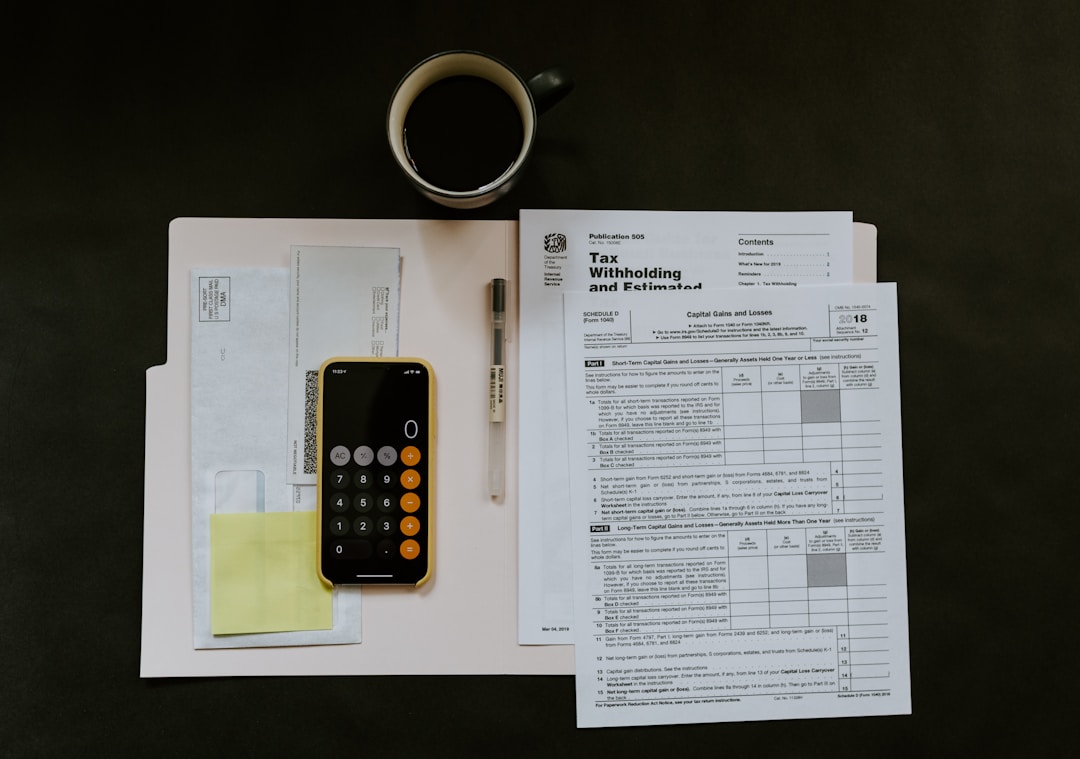New Chapter, New Goals: Rebuilding After Tax Debt Relief
Finding yourself in the grip of tax debt can be an overwhelming experience, but securing tax debt relief marks the beginning of a brighter chapter. It’s an opportunity to reassess your financial health and reformulate your approach to money management. Rebuilding your financial life post-resolution requires careful planning and disciplined execution. Below, explore key strategies that will guide you in setting realistic financial goals, crafting a sustainable budget, and effectively managing your finances to prevent future tax debt issues. Keep reading to navigate through the blueprint of financial rejuvenation.
Embracing a Fresh Start: Setting Financial Goals Post-Tax Debt Relief

After receiving tax debt relief, it’s important to set clear, achievable financial goals using the SMART framework. Whether it’s building an emergency fund, saving for a home, or investing for retirement, these goals provide direction. Creating a financial roadmap, such as saving a fixed percentage of income or adjusting spending habits, will help you reach them.
It’s also essential to learn from past mistakes, like underestimating quarterly tax payments, and take proactive steps to avoid repeating them. As you achieve smaller goals, celebrate the progress to stay motivated. If you’re looking to raise funds quickly, consider options like sell my house fast Miami to help with your financial journey.
Crafting a Strategic Budget to Prevent Future Tax Debts
A realistic and strategic budget is crucial for financial stability after resolving tax debts. It involves tracking income and expenses to identify unnecessary expenses and conserve funds. Prioritize essentials like housing, food, and healthcare while reducing discretionary expenses like dining out or shopping for deals.
Building a buffer for tax payments is essential, setting aside money in a separate account for future liabilities. Regular tax payments can prevent the accrual of a daunting tax bill. Budgeting software or apps can make tracking income and expenses easier and more accurate, ensuring constant visibility of financial health. Using digital tools can make it easier to monitor your finances and ensure financial stability.
Rebuilding Your Credit Score Following Tax Debt Settlement
Resolving tax debt is a relief, but it’s crucial to understand its impact on your credit score. Start by reviewing your credit reports for inaccuracies and disputing errors. Pay bills and debts on time, setting up automatic payments for consistency.
Reduce existing debt to improve credit utilization ratio, and keep credit card balances low. Avoid unnecessary debt to aid financial recovery. Open a new line of credit only if necessary and manage it responsibly to demonstrate creditworthiness. Over time, these deliberate actions can help rebuild a solid credit history and increase your credit score.
Harnessing the Power of Financial Planning Tools and Resources

Financial planning tools and resources are essential for a strong financial future. Budgeting tools help manage daily finances, while investment calculators aid in long-term goals. Educational resources like online courses and workshops can expand knowledge on investing, compound interest, and wealth preservation.
Consulting with a financial advisor offers personalized advice for saving, investing, and managing finances. Tax planning software or a professional advisor can help manage tax obligations proactively, guiding through deductions, credits, and strategies to minimize liabilities. These resources help ensure compliance and avoid future tax debt scenarios.
Staying Compliant with Tax Obligations to Secure Your Financial Future
Paying taxes is an inevitable part of financial life, and maintaining compliance with tax laws is vital to prevent future debt. Keep informed about tax law changes that may affect your liabilities and plan accordingly. This proactive approach can save you from unexpected tax consequences. Setting aside funds for taxes should be treated as a non-negotiable expense within your budget. For self-employed individuals or those with irregular income, it’s particularly important to estimate taxes accurately and set aside money each month to cover these costs.
Keep detailed records of your income, expenses, and any tax-related transactions throughout the year. Good record-keeping simplifies tax preparation, potentially reduces your taxable income, and provides documentation in case of an audit. Filing your tax returns on time is also crucial. If you anticipate a delay in filing, ensure to request an extension well in advance. If you cannot pay the full amount owed, the IRS offers payment plans that can provide a manageable method to stay on top of your tax obligations.
Overall, the path to financial stability after achieving tax debt relief involves a combination of strategic budgeting, rebuilding credit, utilizing financial planning tools, and staying tax compliant. With patience, persistence, and the right strategies, a debt-free future is not just a possibility but a tangible goal.


